COURSE OVERVIEW
ME0897 : API 670: Machinery Protection Systems
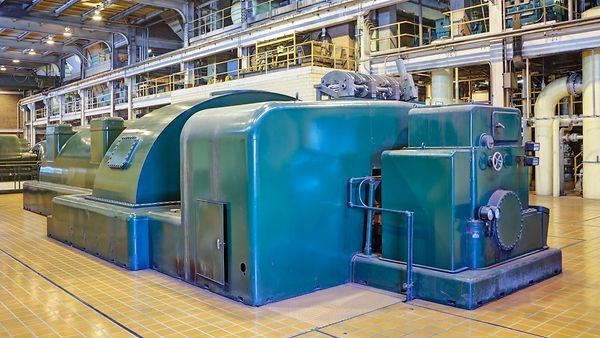
OVERVIEW
| COURSE TITLE | : | ME0897 : API 670: Machinery Protection Systems |
| COURSE DATE | : | May 04 - May 08 2025 |
| DURATION | : | 5 Days |
| INSTRUCTOR | : | Mr. Karl Thanasis |
| VENUE | : | Dubai, UAE |
| COURSE FEE | : | $ 5500 |
Course Description
TRAINING METHODOLOGY
This interactive training course includes the following training methodologies:
LecturesPractical Workshops & Work Presentations
Hands-on Practical Exercises & Case Studies
Simulators (Hardware & Software) & Videos
In an unlikely event, the course instructor may modify the above training methodology for technical reasons.
VIRTUAL TRAINING (IF APPLICABLE)
If this course is delivered online as a Virtual Training, the following limitations will be applicable:
| Certificates | : | Only soft copy certificates will be issued |
| Training Materials | : | Only soft copy materials will be issued |
| Training Methodology | : | 80% theory, 20% practical |
| Training Program | : | 4 hours per day, from 09:30 to 13:30 |
RELATED COURSES
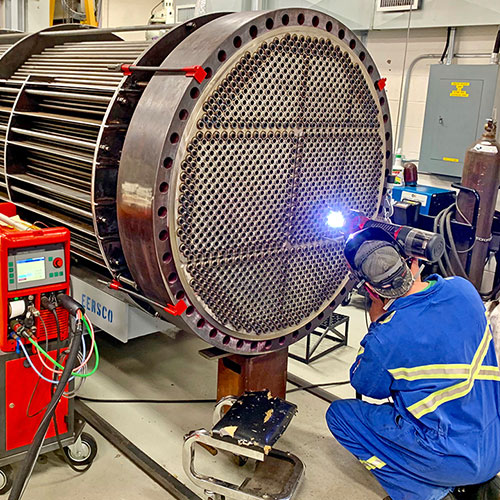
ME0718 : TEMA Shell & Tube Heat Exchanger: Design Installation, Testing, Maintenance & Repair
- Date: Mar 23 - Apr 02 / 3 Days
- Location: Istanbul, Turkey
- Course Details Register
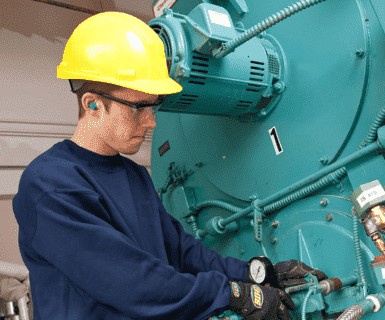
ME0180 : Boiler & Steam System Management: Performance, Efficiency, Troubleshooting, Tune-Up, Heat Recovery & Optimization
- Date: Mar 29 - Apr 02 / 3 Days
- Location: Istanbul, Turkey
- Course Details Register
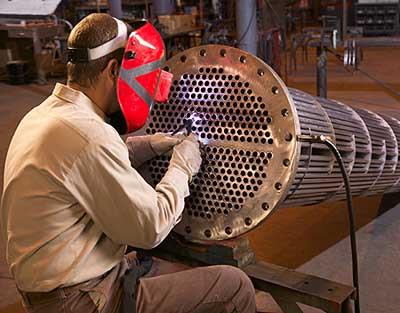
ME0275 : Pressure Vessels and Heat Exchangers Design in accordance with ASME VIII and TEMA (Level 2)
- Date: Mar 29 - Apr 02 / 3 Days
- Location: Dubai, UAE
- Course Details Register
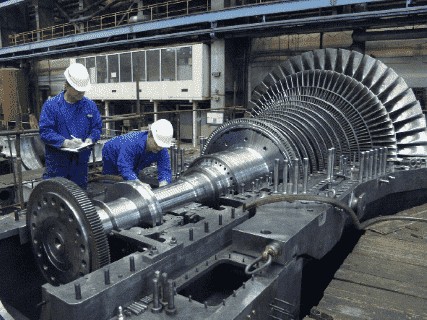
ME0015 : Centrifugal Compressor & Steam Turbine Design, Performance, Operation, Maintenance & Troubleshooting
- Date: Mar 29 - Apr 02 / 3 Days
- Location: Istanbul, Turkey
- Course Details Register
